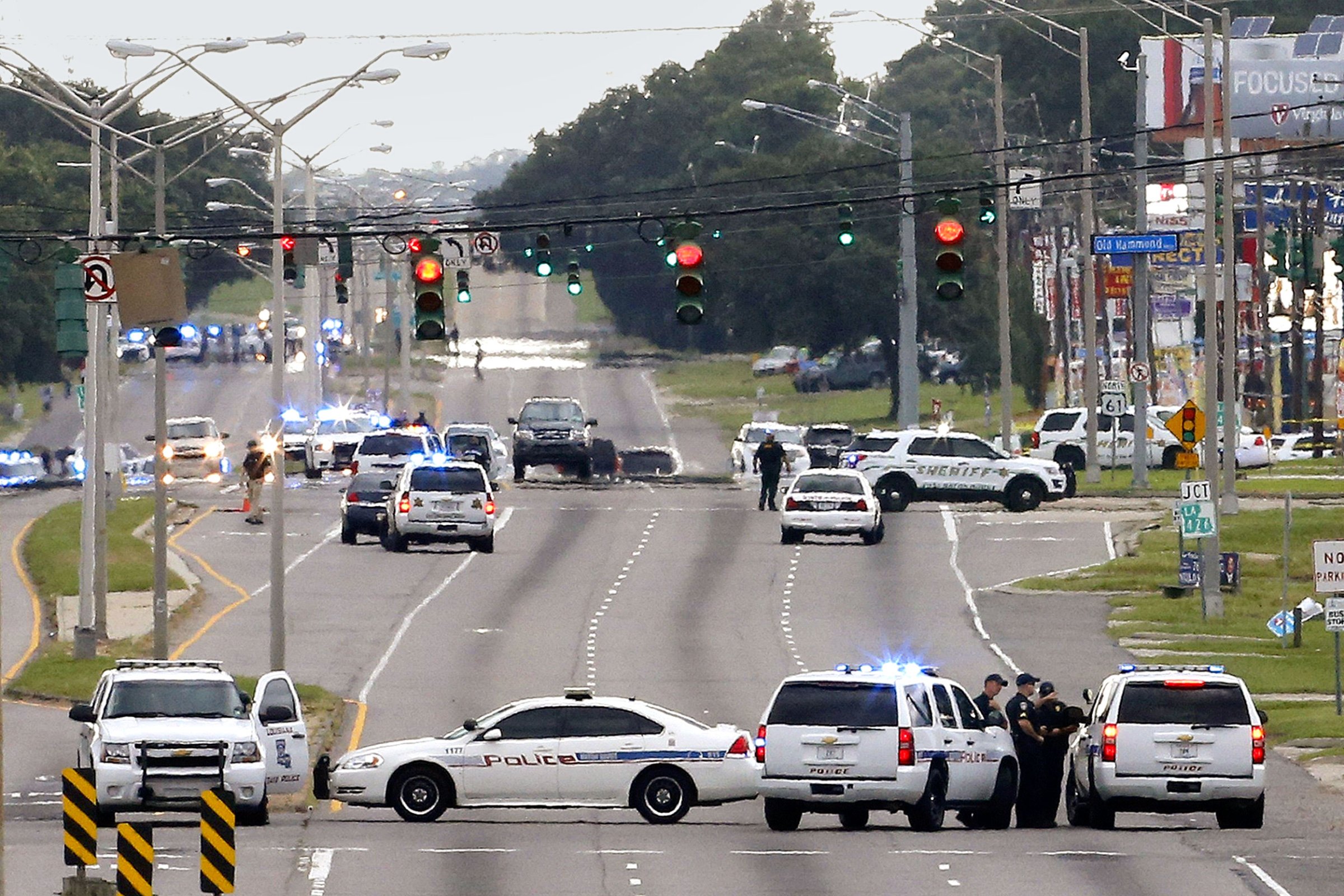
What are we supposed to do with all this? Every second day seems to bring some fresh outrage, “happening now” on cable news and pinging onto our phones before we’ve had a chance to digest the last horror. An informed citizenry begins to feel like Lucille Ball at that assembly line that keeps picking up speed, except nobody’s laughing: in the space of 12 days, Baton Rouge, Falcon Heights, Dallas, Nice, Turkey, then Baton Rouge again.
And still visible in the rearview mirror is Orlando, receding with its ambiguity intact, yet somehow no longer confusing. A few weeks, plus a well of feeling, made it possible to comprehend that a mass shooter, a homophobe and a terrorist can exist in the same person, no matter what he calls himself. The insight arrived courtesy of time and information, which together can make sense out of seeming senselessness. But we need both.
Is the world getting worse? Not by any objective measure. In the 1990s, violent crime was twice what it is today, murders in U.S. cities three times higher. But that’s easy to miss in the age of smartphones and social media, which now serve as news outlets, crowdsourced but leaving you alone to sort things out. A news feed is a wire-service ticker, only without the comforting chunka-chunka that opened CBS Evening News With Walter Cronkite, a rhythm regular as a heartbeat, punching out a screenful of datelines that together announced, “We’re on top of it.” The broadcast showed film days after events, shuttled to New York City on regularly scheduled flights. But back then, no one expected to know everything all at once.
Those weren’t really the good old days, but the contrast is useful when two-thirds of Facebook users get news from the site, posted by friends with a tremulous comment wondering what the event might foretell. Wondering is human. It’s worry that can hollow you out. Robert Sapolsky, the Stanford biologist and neurologist who wrote Why Zebras Don’t Get Ulcers, calls uncertainty a major driver of stress, and stress a great degrader of physical health in modern life. “If for psychological reasons you decide every single day is an emergency,” he says, “you’re going to pay a price in the long run.”
Many days have felt like emergencies lately, especially in Baton Rouge, where not long after the July 5 shooting death of Alton Sterling by police, Gavin Long arrived. The African-American vet had physically followed the headlines from his Kansas City, Mo., home to Dallas, where five white police officers were killed while monitoring a protest, to Baton Rouge, where Long himself killed three officers, one of them black. “Bloodshed,” he argued in a YouTube video, is the only way to end racial oppression. “That’s what Nat Turner did. That’s what Malcolm did.”
That message was the most coherent in the hodgepodge of posts, podcasts and writings the shooter left behind. And it’s surely the one taken most seriously by African Americans openly asking the same question about tactics, after two years of overwhelmingly peaceful protests and lobbying under the Black Lives Matter rubric. “You gotta fight back,” the shooter declared, days before shouldering an assault rifle and changing the terms of the national debate. Republican Donald Trump now calls himself “the law-and-order candidate.”
In the other posts, Long comes off as what he seems to have been in real life–an ardent crank trying to change his name to Cosmo Ausar Setepenra, peddling his books in a Dallas barbershop and in Baton Rouge lecturing passersby on the street. It’s possible, even tempting, to take it all as evidence of “madness” and close the file. But studies show the mentally ill commit just 4% of crimes in the U.S.
The reality, inevitably, is more complex, not least because we live more and more of our lives online, where rants go unchecked partly because what passes for “social” interaction is, in fact, something less. That’s worth keeping in mind, because in his research with zebras, monkeys and, finally, humans, Stanford’s Sapolsky concludes that amid the tumult of threats real and perceived, by far the most reliable reliever of stress turns out to be the physical company of friends.
More Must-Reads from TIME
- Cybersecurity Experts Are Sounding the Alarm on DOGE
- Meet the 2025 Women of the Year
- The Harsh Truth About Disability Inclusion
- Why Do More Young Adults Have Cancer?
- Colman Domingo Leads With Radical Love
- How to Get Better at Doing Things Alone
- Michelle Zauner Stares Down the Darkness
Contact us at letters@time.com